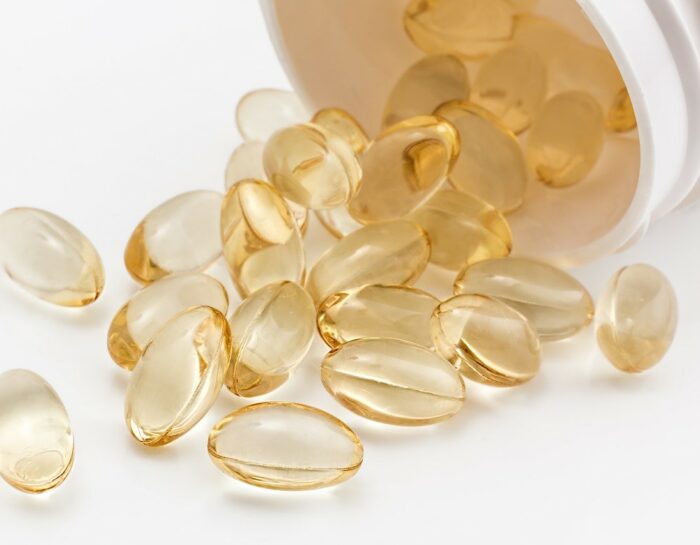Vitamins and Minerals: Getting What You Need?
Vitamins and minerals are essential to support normal physiologic function. There are three characteristics of vitamins: they’re essential for physiologic function, are natural components of food, and when absent from our diet can cause a deficiency.

They are either water-soluble or fat soluble, and they serve a variety of roles in our bodies. Their most important role is as coenzymes. Minerals are also essential and include a wide set of micronutrients. Micro minerals are required in just 15mg a day, while macro minerals should be in 100mg a day.
In years gone by, medical professionals realized that many diseases were related directly to food intake. The diseases were found even when patients were consuming an adequate level of protein and calories. What they realized was these diseases were absent in people consuming certain foods. For instance, sailors consuming citrus fruits while out to sea did not develop scurvy. Researches were led to believe then that foods must contain other important substances.
Sadly, thanks to a poor diet many Americans suffer from nutrient deficiencies. According to the USDA, the most common deficiencies include magnesium, calcium, potassium, Vitamins A, C, E, and fiber. For instance, 68% of the population have a calcium deficiency, 80% are deficient in Vitamin B6, 75% in magnesium, and 90% in chromium. Deficiencies are higher in the elderly and athletes, as well as low-income persons.
The Help Guide indicates that there are 30 different minerals, vitamins, and dietary components that our bodies need to function, but cannot produce naturally in sufficient amounts.
Solubility & Absorption
Fat-soluble vitamins are absorbed passively and are transported via dietary fats. We store them in our fatty tissues, but also excrete them. If we fail to eat enough dietary fat we cannot properly absorb these vitamins, so low fat diets can lead to deficiencies in Vitamins A, D, E, and K.
Water-soluble vitamins are absorbed through active and passive mechanisms and they are transported by molecular carriers. They’re excreted in urine and not stored in high amounts; these vitamins include B1, B2, B3, B5, B6, B9, B12, Vitamins H, and C.
Minerals are contained in both our food and bodies and they are absorbed in a charged state. They have either a positive or a negative state. Molecules that are found in food can affect our ability to absorb minerals. This includes oxalate (found in rhubarb and spinach), phytates (located in grains).
Summary
Vitamins play an important role in normalizing our bodily functions. It is vitally important to get an adequate intake in order to prevent deficiencies, as well as promoting optimal health.
While many people rely on supplements, this interest was borne from the want to prevent disease, as well as that supplements are harmless. There are many serious adverse effects form incorrect supplement dosages. Don’t use vitamin supplements unless you truly need to.
If you’re on blood thinners, you should avoid taking Vitamin K supplements without first speaking to your doctor. If you have limited exposure to the sun, a vitamin D supplement will be helpful, while vegetarians may want to consider Vitamin D, Vitamin B12, and iodine supplements.
If you do use a supplement, look for one that offers nutrients that were derived from whole foods.
According to the US National Library of Medicine the best way to ensure you are, getting the right balance of vitamins and minerals is to eat a balanced diet. Introduce a variety of foods, and if there are issues with a deficiency take supplements to make up for it. Before starting a supplement regime, discuss it with your doctor as some vitamins can create problems in high doses.
Always see your doctor.
All the best
Chef Murph
XoxoX
Tags: Chef K.T. Murphy, chef keith murphy, chef murph, Chef Murph TV, Chef Murphy, Chinese, food, Foodist Networks, Global Fusion Americana, Recipes
